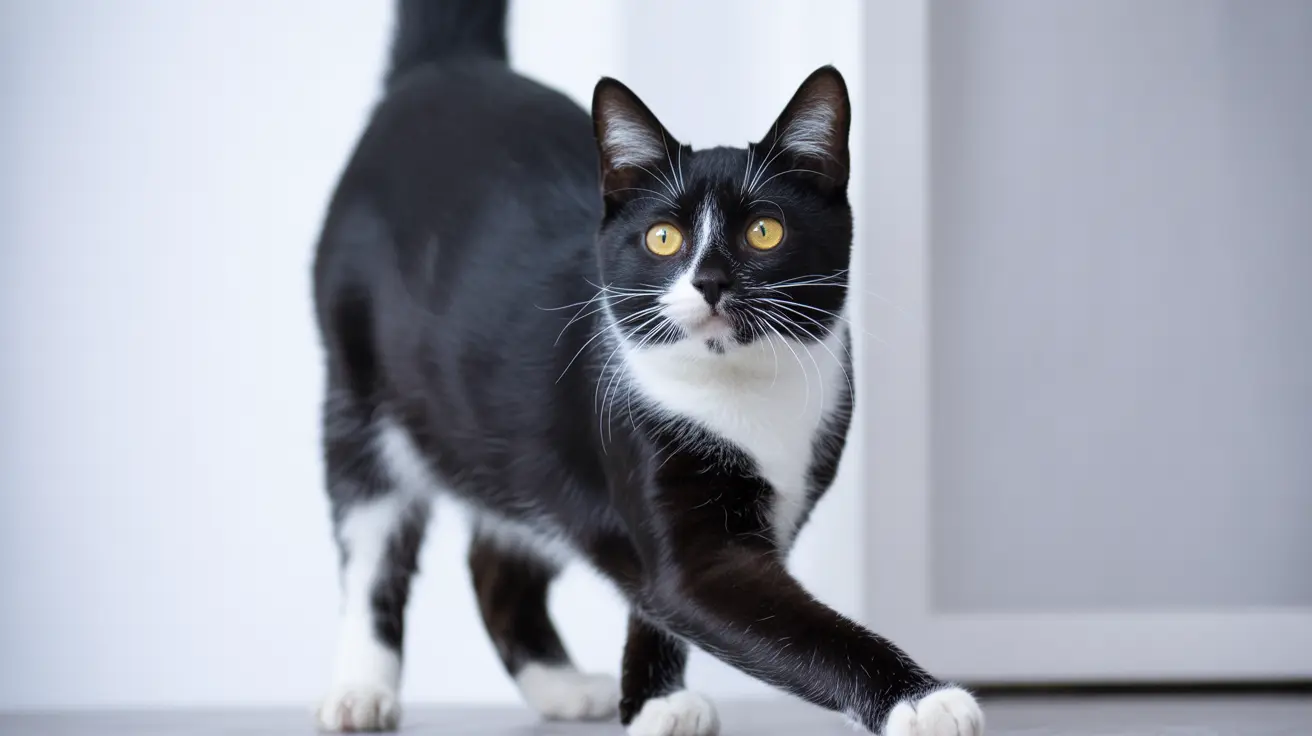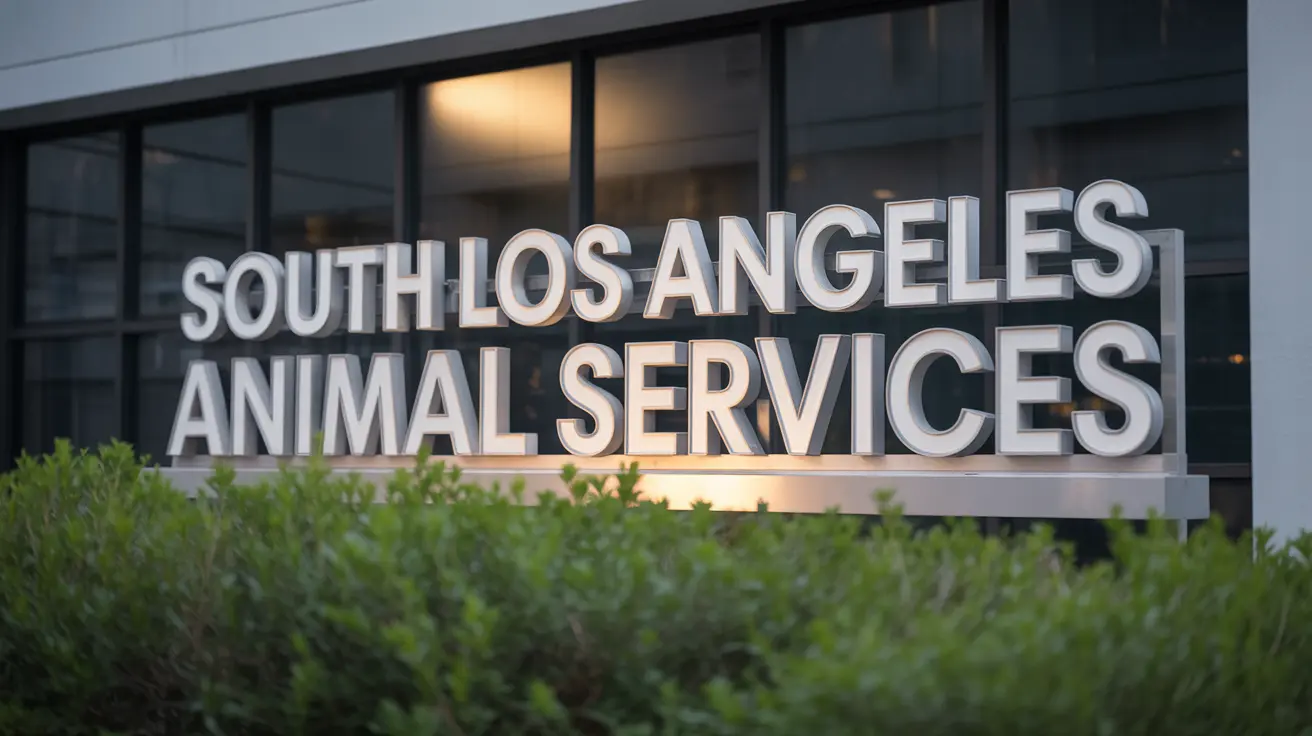What are things cats can't eat?
Cats should not eat chocolate, onions, garlic, alcohol, caffeine, certain artificial sweeteners, grapes, and raw dough, among other toxic items.
Foods Cats Should Never Eat: A Comprehensive Guide
Cats are curious creatures known for exploring their surroundings — and sometimes nibbling on things they shouldn't. As obligate carnivores, their bodies are specially adapted for a meat-based diet, and many human foods can be dangerous or even deadly. Here’s a comprehensive guide to help pet owners understand
what cats can’t eat and why.
1. Toxic Foods for Cats
Below is a list of foods that are universally harmful to cats and should be completely avoided:
- Chocolate – Contains theobromine and caffeine, both toxic to cats.
- Onions and Garlic – Can cause oxidative damage to red blood cells, leading to anemia.
- Alcohol – Even small amounts can lead to dangerous drops in blood sugar and body temperature.
- Caffeine – Found in coffee, tea, and energy drinks; stimulates the central nervous system adversely.
- Xylitol – An artificial sweetener that causes insulin release, potentially leading to liver failure.
- Grapes and Raisins – Can cause kidney failure in some cats, even in small amounts.
- Raw Dough – Yeast expands in the cat's stomach and produces alcohol during fermentation.
- Certain Dairy Products – Many adult cats are lactose intolerant, leading to digestive issues.
2. Dangerous Additives and Preservatives
Many processed human foods contain additives that are unsafe for cats:
- Salt – Oversalting can lead to sodium ion poisoning.
- Monosodium Glutamate (MSG) – Common in take-out food, it can lead to neurological issues.
- Artificial Colors and Flavors – These may produce allergic reactions or behavior changes over time.
3. Fruits and Vegetables to Avoid
Although some fruits and vegetables are safe in small quantities, others are not:
- Tomatoes and Eggplants – Contain solanine, which is toxic to felines.
- Avocados – Contain persin, which can cause vomiting and diarrhea.
- Citrus Fruits (lemons, limes, oranges) – High acidity causes gastrointestinal discomfort.
- Cherries and Peach Pits – Contain cyanide-like compounds in their seeds.
4. Animal Products That Are Unsafe
Cats thrive on meat, but not all meat products are safe:
- Raw Meat or Fish – Risk of bacterial contamination and enzyme imbalances.
- Cooked Bones – May splinter and cause choking or intestinal perforation.
- Fat Trimmings – Can lead to pancreatitis or obesity.
5. What About Dog Food?
Dog food is not a suitable alternative for cats. It lacks the essential nutrients such as taurine, arachidonic acid, and vitamin A, all of which are critical for feline health. Regular feeding of dog food to cats can result in serious nutrient deficiencies.
6. Signs of Food Poisoning in Cats
Knowing the symptoms of food toxicity can help catch issues early:
- Vomiting and diarrhea
- Seizures
- Lethargy
- Abdominal pain and bloating
- Loss of appetite
- Unsteady gait
If your cat shows any of these symptoms after ingesting unfamiliar food, contact your veterinarian immediately.
7. Safe Food Alternatives
While many human foods are off-limits, these are generally safe when offered occasionally:
- Cooked plain chicken, turkey, or beef
- Plain rice or oatmeal as a digestive aid
- Unsweetened canned pumpkin in small doses
- Commercial cat treats designed with feline nutrition in mind
Final Thoughts
A cat’s dietary needs differ starkly from ours. The safest approach is to feed them a balanced, vet-approved cat food and limit or eliminate access to human food altogether. Understanding
what foods are toxic for cats protects your furry friend from undue harm and ensures a longer, healthier life. Always consult with your veterinarian before introducing new foods into your cat’s diet.





